QUESTION:
What do the Ulama of the noble Shariah say concerning this matter; if an individual enters a room to perform Salah and finds some people praying in a single direction, should one pray in that direction too or will taharrī * become Wājib upon him? Due to the fact that Masājid are not found easily in England, it is difficult to find out the direction of the Qiblah.
Questioner: Kabir from UK
* [The definition of taharrī, in the context of finding the Qiblah, is to think which direction the Qiblah might be in and pray in that direction which you believe is most likely the direction of the Qiblah]
ANSWER:
بسم اللہ الرحمن الرحیم
الجواب بعون الملک الوھاب اللھم ھدایۃ الحق والصواب
If those people are not residents of that area and have established Salāh, having performed taharrī for the determination of the Qiblah, then in this case their matter will not be taken into consideration. It is necessary for that individual to perform taharrī; whichever direction his heart is firmly settled upon he must pray in that direction. If taharrī is not performed and instead he follows the direction in which the others were praying, his Salāh will not be valid.
It is mentioned in Bahār-e-Sharī’at that if an individual performs Salāh, having carried out taharrī, it is not permissible for another person to copy the direction in which he is praying, but rather the command of taharrī will be upon him too. If he followed the direction in which another person was praying and failed to perform taharrī, his Salāh will not be valid.
[Bahār-e-Sharī’at, vol 1, part 2, pg 490]
If the individuals praying in the room are residents of the area, then it is necessary for him to pray in the same direction as them because the residents of the area will know the direction of the Qiblah with certainty.
It is mentioned in Radd al-Muhtār,
“وَأَهْلُ الْبَلَدِ لَهُمْ عِلْمٌ بِجِهَةِ الْقِبْلَةِ الْمَبْنِيَّةِ عَلَى الْأَمَارَاتِ الدَّالَّةِ عَلَيْهَا مِنْ النُّجُومِ وَغَيْرِهَا فَكَانَ فَوْقَ الثَّابِتِ بِالتَّحَرِّي“
“The residents of a city have knowledge regarding the direction of the Qiblah based on such signs that indicate towards it, from the stars, etc. Therefore, it is evident that their knowledge of the direction of the Qiblah is superior to taharrī.”
[Radd al-Muhtār, vol 2, pg 143]
If there is even one such Muslim who knows the direction of the Qiblah with certainty, then performing taharrī at that time will not be permissible.
It is mentioned in Radd al-Muhtār,
“هُوَ الِاسْتِدْلَال بِالْمَحَارِيبِ وَالنُّجُومِ وَالسُّؤَالِ مِنْ الْعَالِمِ بِهَا ، فَأَفَادَ أَنَّهُ لَا يَتَحَرَّى مَعَ الْقُدْرَةِ عَلَى أَحَدِ هَذِهِ”
“[If one is capable of] determining the direction of the Qiblah through prayer niches (Mihrābs), by the means of the stars, or by asking someone who has knowledge of its direction, then one is not permitted to do taharrī.”
[Radd al-Muhtār, vol 2, pg 143]
If the residents of the city are unaware of the direction of the Qiblah and are performing Salāh, having done taharrī, then copying the direction in which they are praying, having not done taharrī, is impermissible. It is necessary that he himself performs taharrī because following someone who is in the same state as oneself is not permitted.
It is mentioned in Radd al-Muhtār,
“وَلَا يُقَلِّدَ مِثْلَهُ لِأَنَّ الْمُجْتَهِدَ لَا يُقَلِّدُ مُجْتَهِدًا“
“Someone can not imitate the like of himself because the one who exerts effort in formulating an opinion does not imitate another who does likewise.”
[Radd al-Muhtār, vol 2, pg 143]
واللہ تعالی اعلم ورسولہ اعلم صلی اللہ علیہ وآلہ وسلم
کتبہ ابو الحسن محمد قاسم ضیاء قادری
Answered by Mufti Qasim Zia al-Qadri
Translated by Dawud Hanif
Read the original Urdu answer here – [Q-ID0294] Should we pray in the direction we see others pray or should we investigate the qiblah ourself?
Also see:
[Q-ID0246] I don’t have a prayer mat and don’t know the Qibla – what should I do?
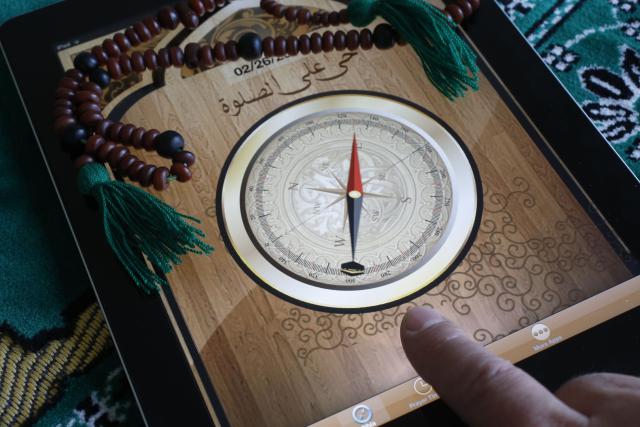


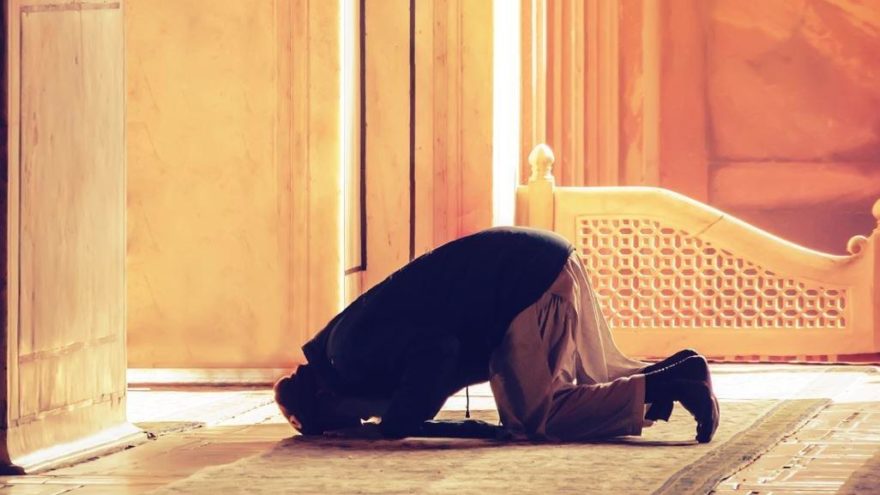

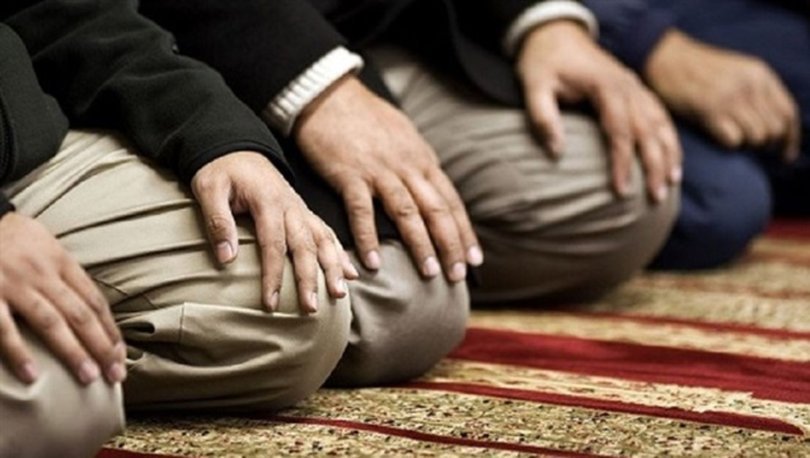



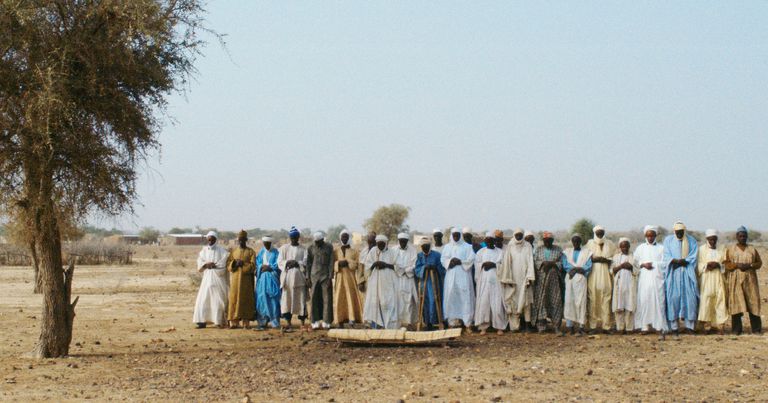
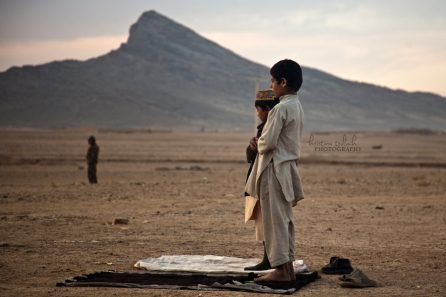

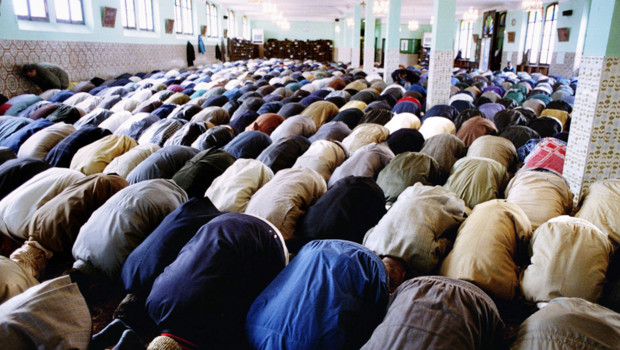

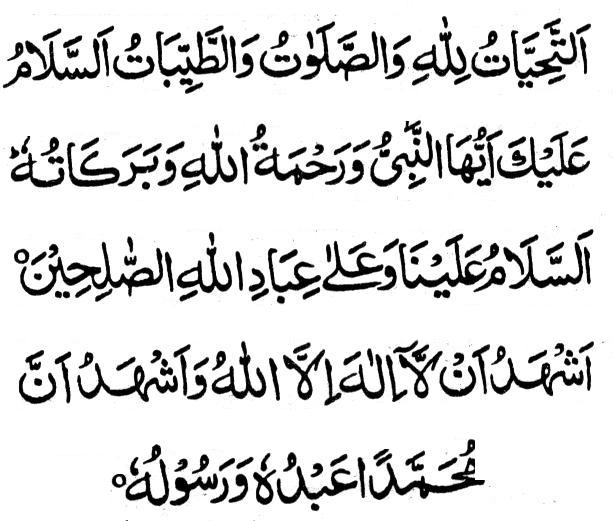
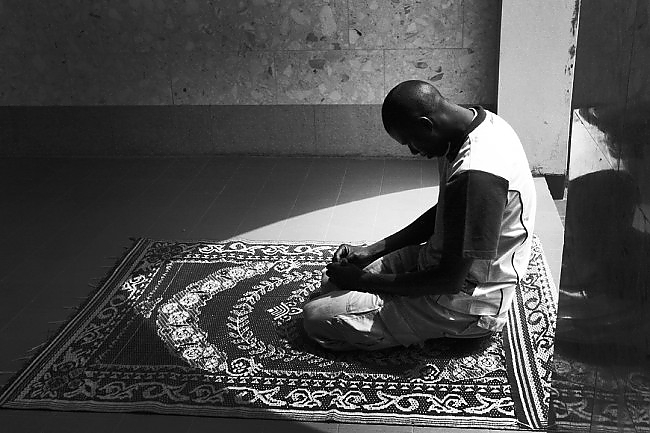



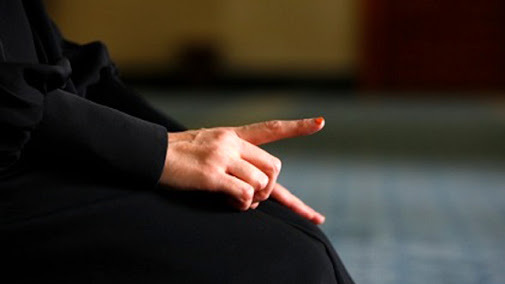


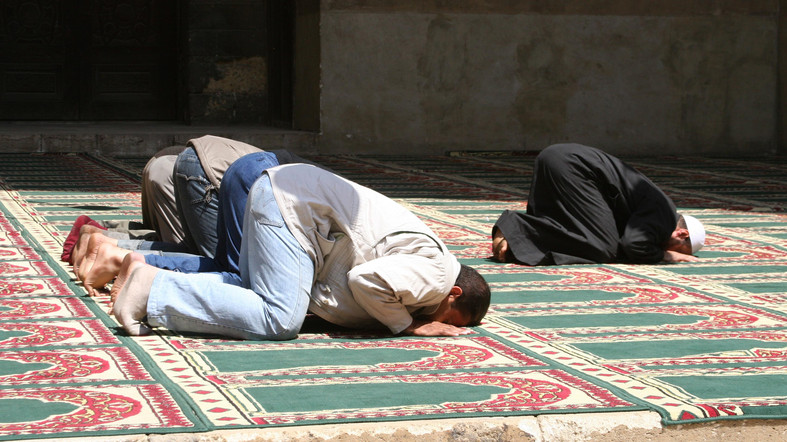
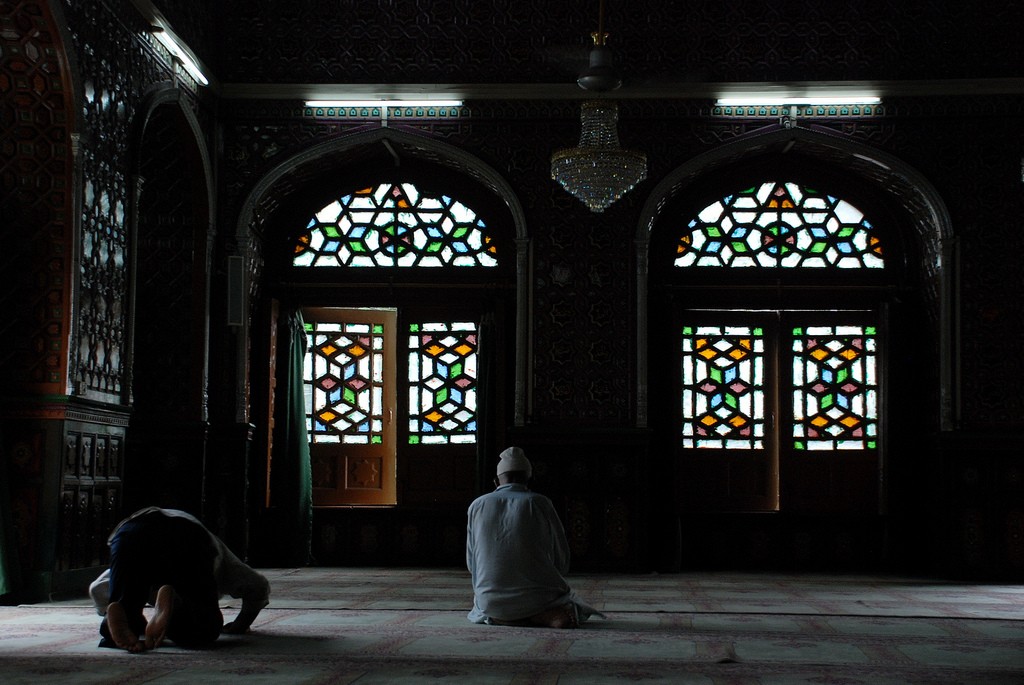


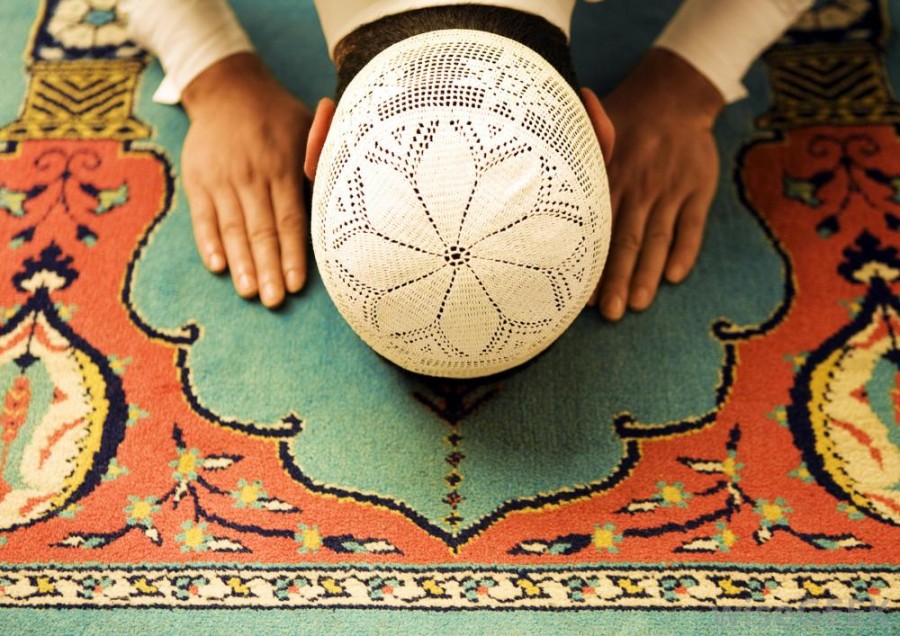

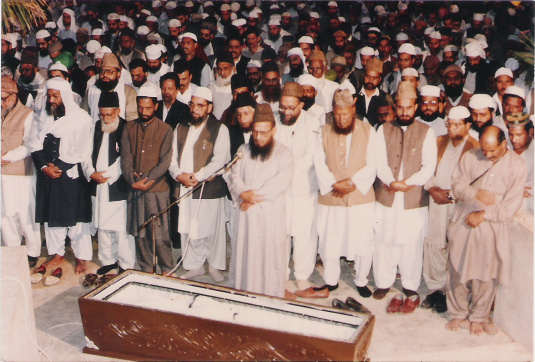
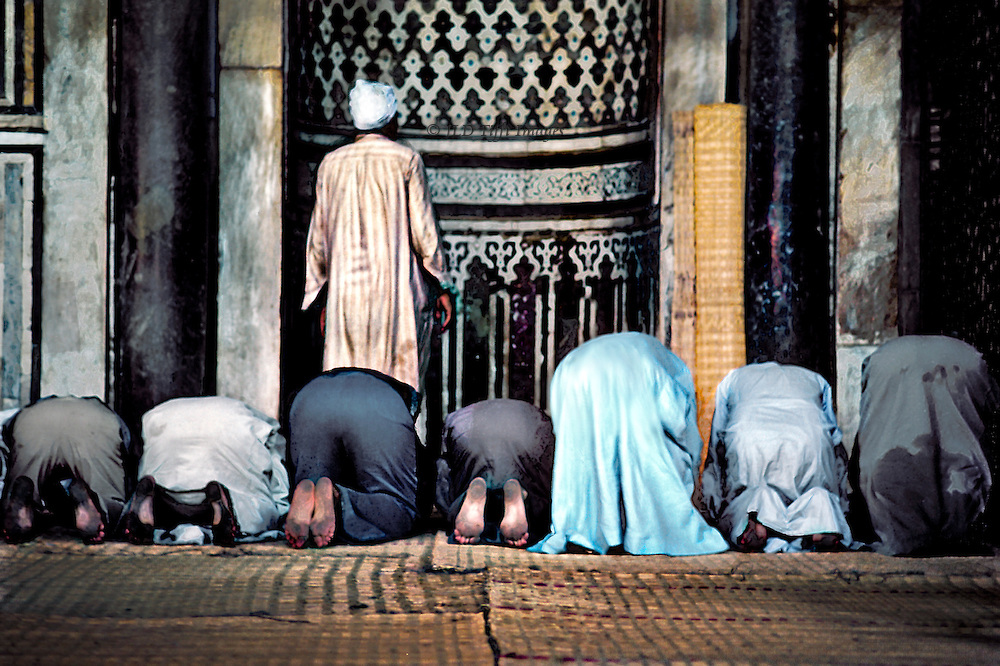
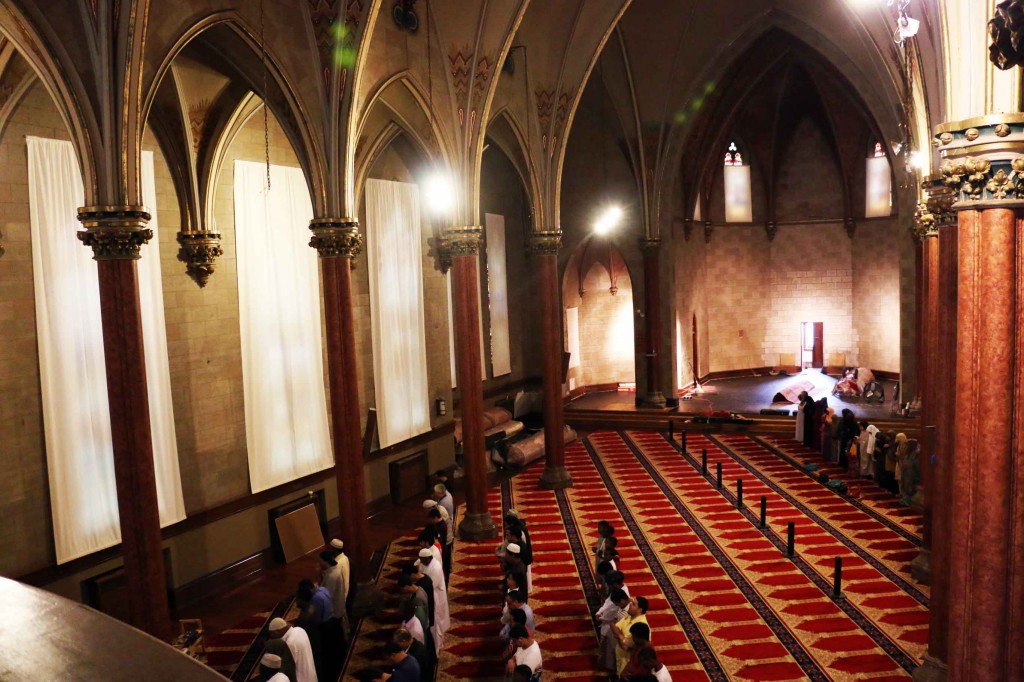
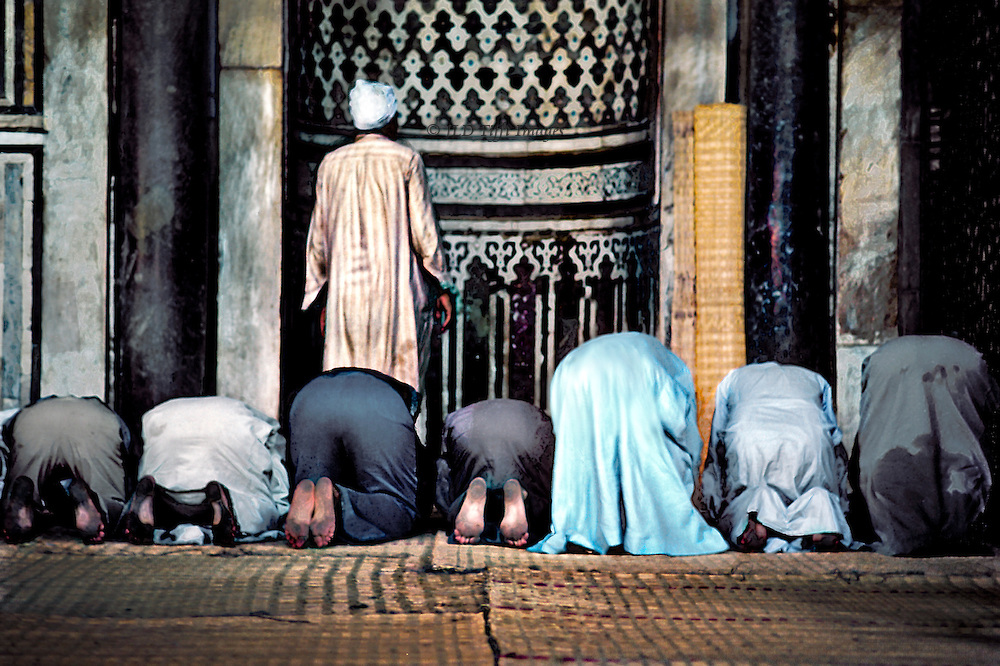
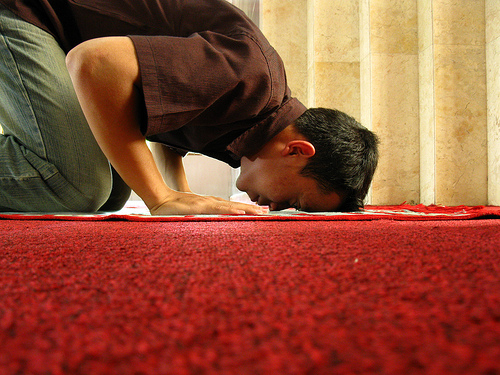
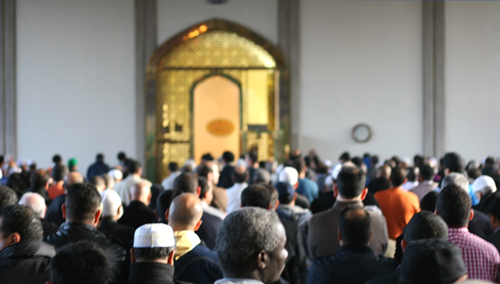



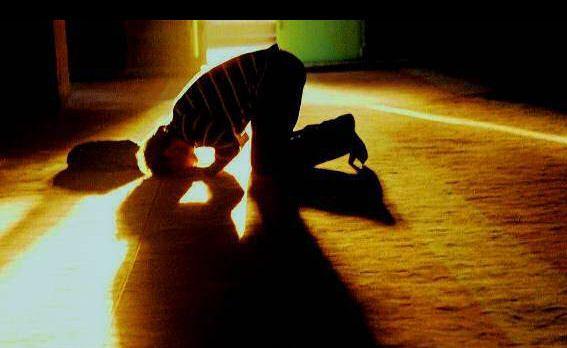

![[Q-ID0220] I’ve never prayed in my life, from when do I calculate how many prayers I need to make up (qada)?](https://www.seekerspath.co.uk/wp-content/themes/hueman-pro/assets/front/img/thumb-medium-empty.png)



















